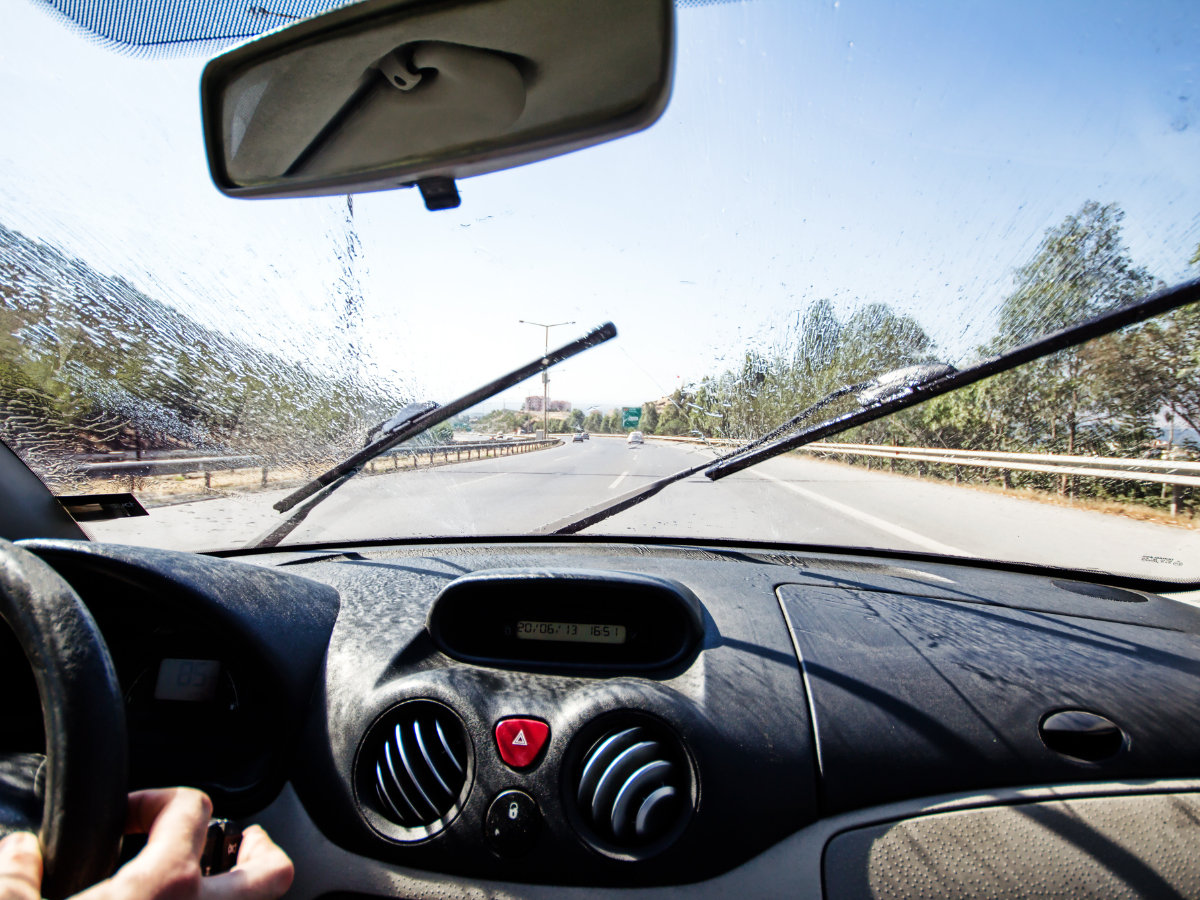Unlike most car fluids, vehicles don’t consume brake fluid during operation. The fluid is essential in creating pressure in the brakes’ hydraulic system to allow the car to stop or slow down.
However, the brakes may stop proper functioning after fluid depletion, contamination, or burnout.
But how do you realize the brake fluid is getting low, and how do you fix it? Read on to learn the top signs of low brake fluid and how to address it.
Understanding How Brake Fluid Works
Also known as hydraulic fluid, brake fluid is essential for the smooth movement of the vehicle’s braking system components. When you press the brake pedal, this fluid amplifies the force turning into pressure on the car brakes.
A car will come to a stop or slow down depending on the amount of force applied to the pedals.
If the brake fluid level is low, it’ll take you more than the usual foot force to bring the vehicle to a complete stop.
Symptoms of Low Brake Fluid
Adequate brake fluid levels are crucial to the proper performance of the car’s brake system. However, when brake fluid level goes down, you’ll notice the following symptoms:
ABS Light Illumination
A high percentage of cars are equipped with a brake fluid level sensor on their fluid reservoir. The fluid sensor will activate the warning light whenever there is low brake fluid or other issues with the brakes.
Though it’s normal for fluid loss over time, the brake fluid is always at the top level considering that the entire braking system is sealed. If the warning light starts popping on while driving, pack the car and have it checked.
Low or Spongy Brakes
The car brakes should offer an immediate response when you hit the pedal. But, if your brakes start feeling spongy, bouncy, soft, or loose, it’s a sign that there’s air or moisture in the braking system.
Although moisture build-up can happen from the heat created when braking, it can increase the air in cars’ brake lines. The air will then force the pedal to go down, affecting the performance of your brakes since the system cannot compress air.
If you encounter this terrifying change in brakes, don’t wait for the problem to accelerate. It’s time to have a fluid change.
Squealing Noise When Braking
Has your car started producing strange noises whenever you press the brake pedal? When your braking system is performing at its optimum, it doesn’t produce any sound.
When braking fluid goes low, the braking system components lack sufficient lubrication. Due to friction, the wheels will start producing funny sounds each time you brake.
Take the car for a braking system check immediately to prevent more damage.
Burning Hair Smell
Hard braking makes the brake fluid reach the boiling point in the cylinders and the calipers. If you catch a whiff of this burning hair smell while driving, it’s vital that you pull over immediately.
When the brake fluid gets hot, it cannot transform the kinetic energy into the required heat energy through friction.
Check the brake fluid level and replace it once the car cools down. If the levels are relatively high, it’s a sign your car could be having other brake problems.
After Brake Replacement
It’s normal for mechanics to open the brake fluid reservoir when servicing or replacing the car brakes. Prolonged exposure of brake fluid to air predisposes it to contamination.
It is therefore prudent that brake fluid flush is done whenever the hydraulic system is opened.
Ineffective Braking
Are you experiencing a delay in the braking system performance whenever you press the brake pedal? A simple braking delay could cause severe accidents or deaths.
If you notice this issue, take the car for a brake fluid flush.
How to Fix Brake Fluid Leaks
As highlighted above, it’s evident that even a simple brake fluid leak can cause a severe impact on the car braking system. Whether you’re a new car owner or not, here are simple ways on how you can fix brake fluid leaks:
1. Find the Leak
The first step to fixing a brake fluid leak is by identifying the source and its severity. With this information, you’ll either fix the leak or call in an expert to handle it. But how do you identify the leak without prior experience?
• Open the hood and check the fluid reservoir located at the driver’s side.
• Check the fluid levels of the reservoir and refill it.
• With the reservoir full, check beneath it and see whether there are leaks.
• Look beneath the vehicle and identify points with fluid residues. If you can’t see any, place a newspaper below the car and ask someone to pump the brake pedal.
• If there are no fluid puddles on the newspaper, the leak could be in the wheel or the cylinder.
2. Inspect the Master Cylinder
If you found the fluid reservoir half empty and can’t trace the leakage using the above steps, check the master cylinder. If you still have the car user manual, establish its position and have a look at it.
First, confirm whether the lead is tightly closed and does not show leaking signs. The cover is bound to loosen or unturn when driving on bumpy roads.
If the master cylinder is tightly fixed and can’t find any leak, move on to the next step.
3. Restore the Calipers
After finding no fault on the master cylinder, faulty calipers could be the main reason for brake fluid leaks. Luckily, the market has ready-to-install calipers available for most vehicles.
To start with, remove the exterior dust seals of the old caliper. With the dust seal removed, you can now remove the old calipers and replace them with new calipers and pistons.
You’ll need to bleed out air from the braking system once you fix the calipers.
4. Wheel Cylinder Replacement
Having exhausted all other locations without identifying a leak, the wheel cylinder is the last place where it could occur. However, replacing it requires mechanical skills or a complete overhaul of the cylinder system.
Keeping Your Car Healthy
Just as regular inspection of your car braking system can prevent low brake fluid issues, regular tire maintenance can keep your tires healthy. At Treads, our trusted technicians can help you keep your tires healthy and regularly changed from the convenience of your home.
Subscribe to our Treads App today to get the best tire experts near you.





